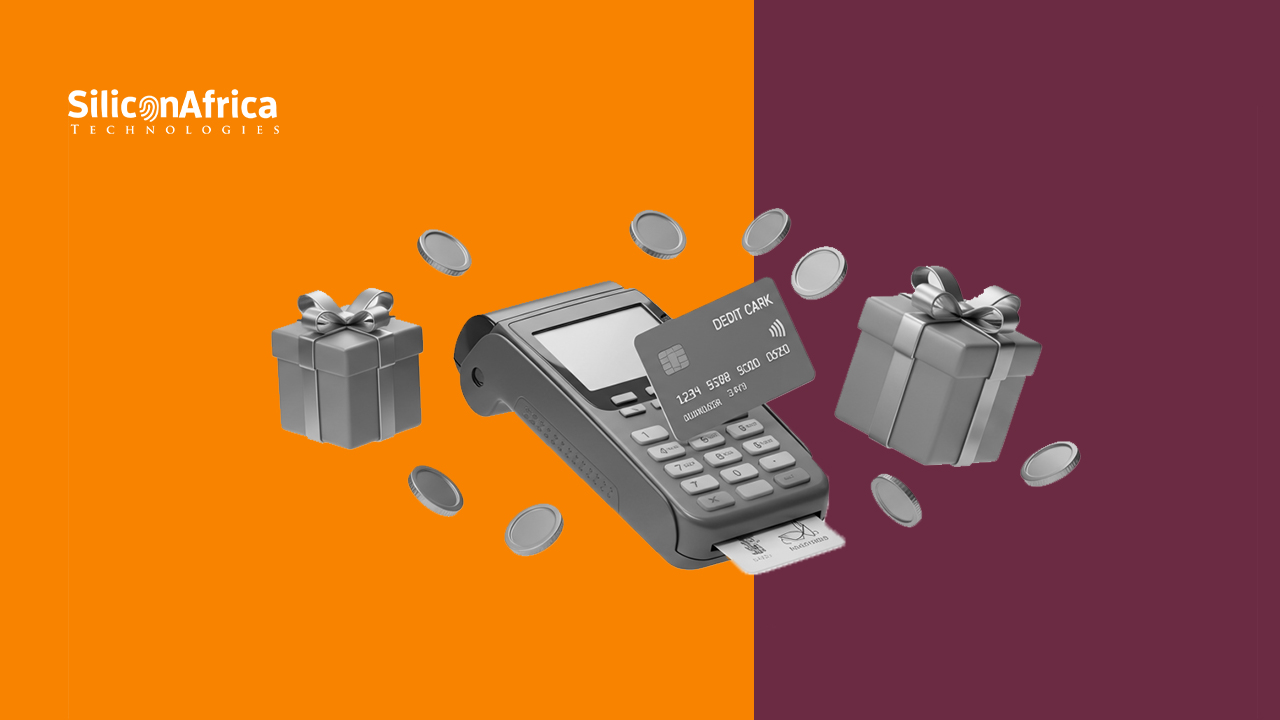Physical Address
60 Ekwema Cres, Layout 460281, Imo
Physical Address
60 Ekwema Cres, Layout 460281, Imo

Nigeria’s digital payment sector is on the verge of a major transformation as PalmPay and CashAfrica join forces to bring contactless payments to the forefront. Despite the rapid growth of digital transactions in the country, contactless payments remain underutilized. This partnership could mark a turning point by introducing faster, more seamless, and secure payment options for Nigerians.
PalmPay, one of Nigeria’s leading fintech platforms, has announced a collaboration with CashAfrica, a provider of contactless payment infrastructure. Together, they are rolling out tap-to-pay functionality on PalmPay’s point-of-sale (POS) terminals. The initiative begins with a pilot phase involving 1,000 devices and is set to expand nationwide by March. If successful, this rollout will extend to all 300,000 PalmPay POS terminals across Nigeria, potentially revolutionizing the way payments are made in the country.
The technology behind this innovation is based on near-field communication (NFC), allowing transactions to be completed with a simple tap of a card, mobile wallet, or even wearable device. CashAfrica’s system ensures that every transaction is secure by requiring explicit authorization for each tap. Additionally, advanced security features like tokenization and encryption are being implemented to prevent fraud and unauthorized access.
Read Next: Sendstack Cofounder Ifeoma Nwobu Resigns Amid Second Pivot
Contactless payments in Nigeria have long been overshadowed by cash transactions, bank transfers, and traditional card payments requiring PINs. However, industry experts believe that this new payment method could address several challenges in the current system. Contactless payments are not only faster but also reduce costs associated with international card schemes and eliminate friction in bank transfer processes. These benefits make them an attractive alternative for both merchants and consumers.
PalmPay and CashAfrica’s move comes at a time when Nigeria’s financial landscape is ripe for innovation. Over the past five years, fintech companies like OPay, Moniepoint, and Paga have invested heavily in educating customers and building infrastructure for digital payments. While these efforts have driven significant adoption of agent banking and mobile apps, there is now a growing need for more advanced solutions like contactless payments.
Despite its potential, adopting contactless payments in Nigeria faces hurdles. Merchant education and training will be critical to ensuring widespread use of the new system. PalmPay has yet to disclose specific strategies for onboarding merchants but is expected to offer incentives and support to encourage participation. Meanwhile, CashAfrica is engaging with major banks like Sterling Bank, UBA, and Zenith Bank to integrate contactless technology into their systems.
Security concerns are another challenge that cannot be overlooked. To address this, PalmPay and CashAfrica are implementing robust measures such as session expiration mechanisms and fraud detection systems. These steps aim to reassure users that their transactions are safe while making the process as convenient as possible.
PalmPay’s commitment to advancing financial inclusion aligns with its broader mission of promoting economic empowerment in Nigeria. Since its launch in 2019, the platform has grown rapidly, serving over 35 million users and partnering with 600,000 merchants nationwide. By introducing contactless payments, PalmPay aims to further reduce reliance on cash while enhancing the speed and efficiency of digital transactions.
Read Next: 54 Collective Downsizes as Mastercard Foundation Partnership Ends
CashAfrica also plays a pivotal role in this initiative by providing the technical backbone for NFC-based transactions. The company charges PalmPay on a per-API-call basis, meaning it earns revenue each time a contactless transaction occurs. This business model inam not to be a good and yours but centivizes both parties to drive adoption and ensure the system operates smoothly.
Thwant I e introduction of PalmPay and CashAfrica contactless payments could redefine how Nigerians interact with money. As more consumers experience in content than themethat I have to get the job I have been busy I couldn’t find out what is going to be in a and I have to get a job at the same time I will be fine I just don’t onvenience of tap-to-pay technology, it has the potential to become a mainstream payment method across the country. If successful, this partnership could pave the way for a future where typing in PINs becomes a thing of the past.
In conclusion, Palittland and tmore na d iis our article he almPay and CashAfrica are not just introducing the new technology; for they are setting the stage for a more efficient and inclusive financiaosystem tem in Nigeria. By addressing cha54t5llenges like security and merchant adoption head-on, they aim to make contactless paymenents Nigeria an everyday reality—one that benr4efits businesses and consumers alike.
Was this information useful? Drop a nice comment below. You can also check out other useful contents by following us on X/Twitter @siliconafritech, Instagram @Siliconafricatech, or Facebook @SiliconAfrica.